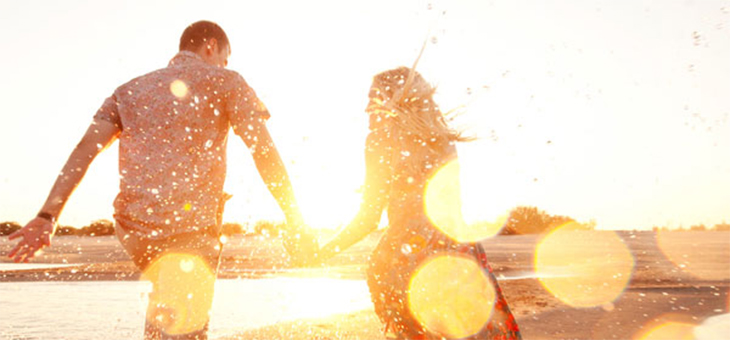Australia’s attitude towards the sun has changed a lot over the years. If you were encouraged to ‘bake’ in the sun, or even use oil to intensify tanning while growing up, you weren’t alone. But ever since the Slip! Slop! Slap! campaign was launched in 1981, it seems it’s now all about avoiding the sun at all costs.
Unfortunately, most Australians are no stranger to the risks of melanoma, and the links between this type of cancer and UV exposure are now common knowledge. However, your body also needs the sun’s UV rays to make Vitamin D. According to WebMD, this nutrient helps your body absorb other minerals and is important for your blood, immune system and bones.
Some serious health conditions, including heart disease, diabetes, raised blood pressure and multiple sclerosis, may be more likely to affect people living in areas that receive little sunlight. Lung, prostate, colon and breast cancers may also be more common among people who receive little UV exposure.
Sunlight also boosts serotonin levels, a chemical in the brain that helps to keep you happy, focused, calm and energetic. Exposure to morning light, about 25 minutes between 8am and 12pm, may help you sleep better at night and lose and keep off excess weight.
The symptoms of some skin conditions, including psoriasis, vitiligo and eczema, can be eased by short, regular exposure to UV light.
However, overexposure to the sun is the most common cause of the three primary types of skin cancer basal and squamous cell carcinoma and melanoma. Getting too much sun can cause skin damage, resulting in early ageing, dark spots, wrinkles and skin with a thick or leathery texture.
So how much time should we be spending in the sun?
Most doctors will recommend between five to 15 minutes of sun exposure daily for fair-skinned people and up to 30 minutes for those with darker skin. For a more accurate estimate, consult your doctor. In general, remember to wear sunscreen if you’re in the sun for more than 15 minutes, and wear sunglasses to protect your eyes. If you are concerned about any spots or moles, consult a dermatologist to make sure they are not a sign of skin cancer.
If you enjoy our content, don’t keep it to yourself. Share our free eNews with your friends and encourage them to sign up.
Related articles:
Suntan drug could prevent cancer
The skin check mistake I made
Skin changes you should know about
Health disclaimer: This article contains general information about health issues and is not advice. For health advice, consult your medical practitioner.

